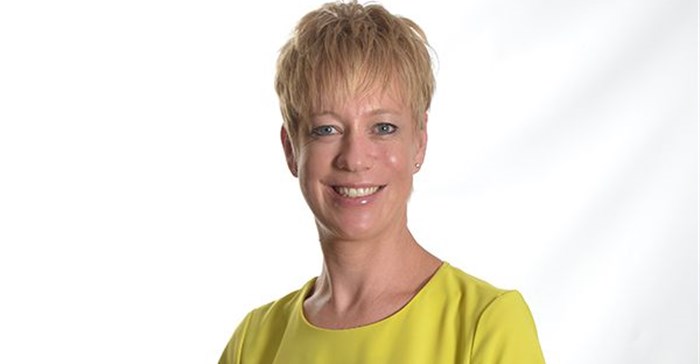
Top stories






More news

Marketing & Media
Ads are coming to AI. Does that really have to be such a bad thing?















The basic formula used to reach this conclusion calculates the value of care as the outcomes divided by the cost of a clinical event. The cost of clinical event was the price paid by the patient, medical aid - or both parties.
Concurrently, the development and wellbeing of staff, leaders and healthcare professionals iswas central to creating best patient experiences and the best, most cost-effective outcomes. The patient’s experience, while one of the three mainstays of quality healthcare, has been understudied and under-used in value creation. Also, stakeholders in healthcare delivery often have conflicting goals, leading to differing approaches and detracting from the vital shared-value agenda.
There's also a global economy under pressure, with ageing but growing populations in under-resourced countries, foreigner migration and a changing burden of disease to consider. This is accompanied by technology enabling increased connectivity, an informed population, healthcare innovation, increased cost, and social media.
Governments are increasingly moving towards universal healthcare while social mores demanded an increased life expectancy, lower disease burden and a higher social expectation of shared value and access to good health care.
In South Africa, the entire regulatory framework was being changed to implement National Health Insurance to enable the Constitutional right to good healthcare. This is accompanied by a relatively low adoption of technology, poor connectivity, and expensive but thin, unintegrated data. Socially, the country had the world’s highest Gini co-efficient, an increasing and changing burden of disease (HIV, trauma), while the GDP spend on healthcare is simply not translating to everyone.
The reason why healthcare providers are so important is that their clinical decisions translated into costs for the patients. It has become clear that healthcare has become “a burning platform,” with much discussion around the sustainability of private healthcare. It brings to mind a quote from the book by celebrated economist Jeffry Slack; The End of Poverty; The Economic Possibilities of our Time. He says the most important things to define are; Who we are, what we did, and what we’ll be remembered for.
When it comes to South Africa, we can choose to shift the responsibility, or we can choose to shift the paradigm.